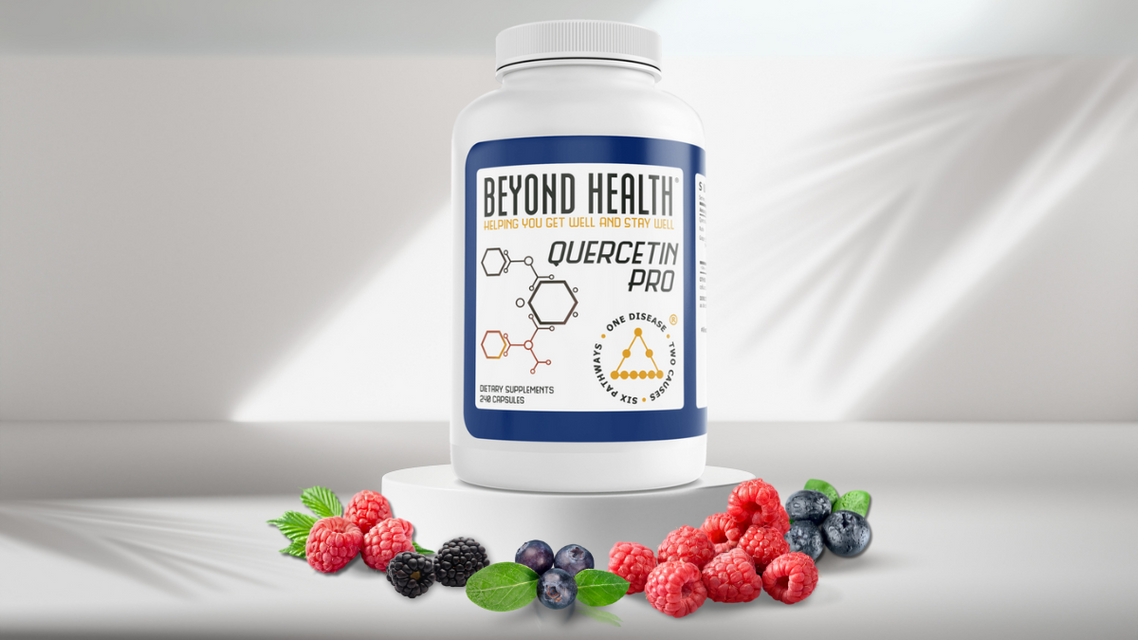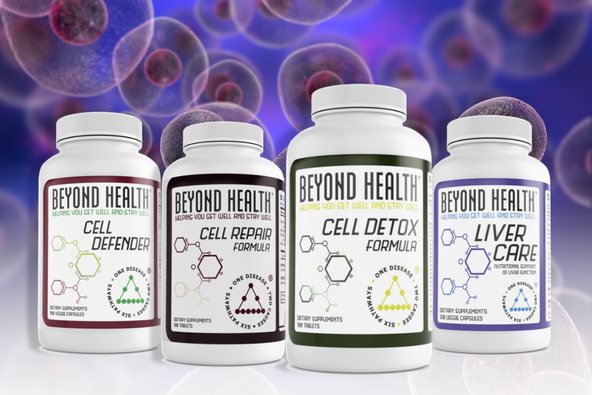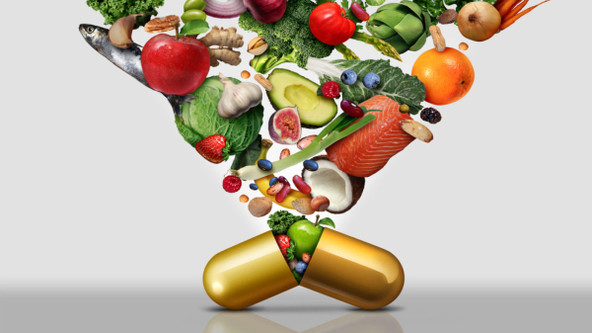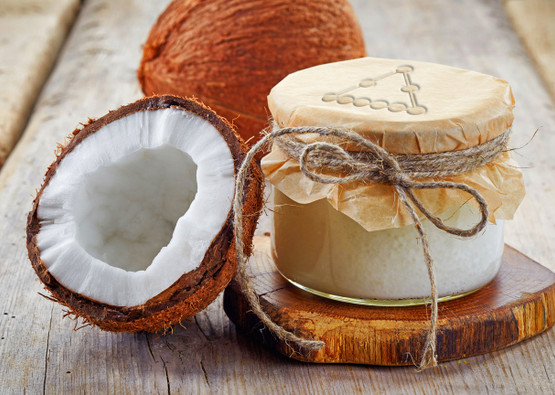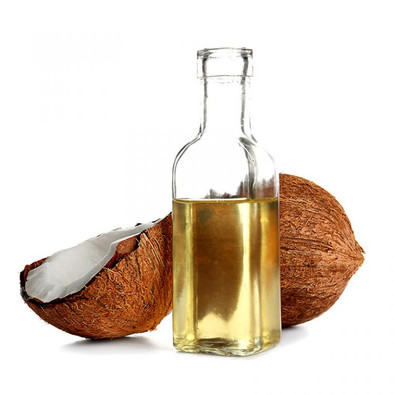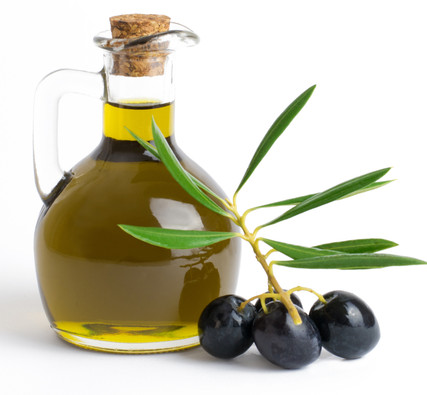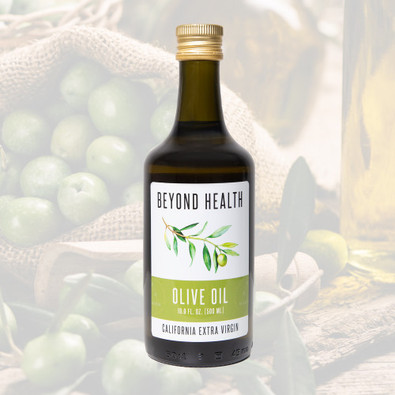Posted by Ralph Panttaja on Apr 24th 2024
Quercetin: Surprising Health Benefits of an Overlooked Nutrient
Few nutrients shine as brightly as quercetin and vitamin C. These natural powerhouses work hand in hand to support healthy cell function, combat inflammation, and promote tissue regeneration from the inside out. Let's delve into the remarkable synergy between quercetin and vitamin C and explore how they can revolutionize your wellness journey.Why Quercetin and Vitamin C? Quercetin, often hailed as one of Mother Nature's finest gifts, is a potent flavonoid found abundantly in colorful fruits and vegetables. Teaming up with vitamin C, it becomes a formidable force in bolstering collagen production—the essential protein for maintaining healthy skin, bones, and tissues. This dynamic duo doesn't stop there; their antioxidant properties regenerate each other, offering a double dose of protection against free radicals and inflammation.The Benefits of Quercetin: Quercetin's benefits extend far beyond its role in collagen synthesis. Studies highlight its prowess in disease p…
read more Fuel your life with the purest vitamins
Fuel your life with the purest vitamins
